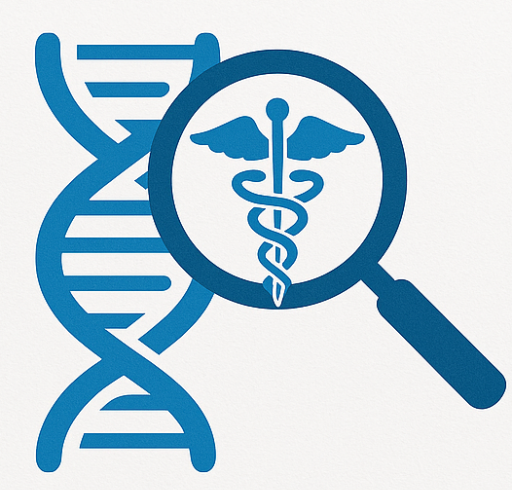🔍 Overview
The MYC gene (most often referring to c-MYC) encodes a transcription factor that regulates the expression of numerous genes involved in:
- Cell proliferation
- Metabolism
- Apoptosis
- Differentiation
It is a proto-oncogene that becomes oncogenic when overexpressed or amplified.
📊 Prevalence in Cancer
| Cancer Type | MYC Alterations |
|---|---|
| Burkitt lymphoma | ~100% (translocation t(8;14)) |
| Small cell lung cancer | ~20–30% (amplification) |
| Breast cancer | ~15–20% (amplification) |
| Colorectal cancer | ~10–15% |
| Medulloblastoma | ~10–20% |
⚙️ Mechanism of Oncogenesis
- Translocations (e.g., t(8;14) in Burkitt lymphoma) place MYC under control of immunoglobulin promoters → massive overexpression.
- Gene amplification increases MYC protein levels.
- MYC binds DNA and drives transcription of genes promoting uncontrolled proliferation and metabolic reprogramming.
- Can also inhibit apoptosis under certain conditions.
